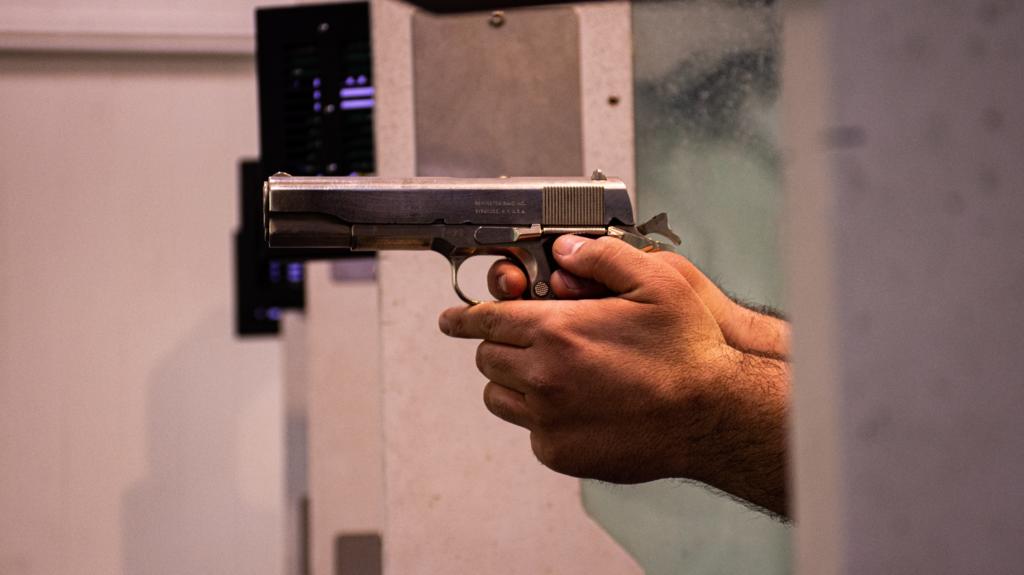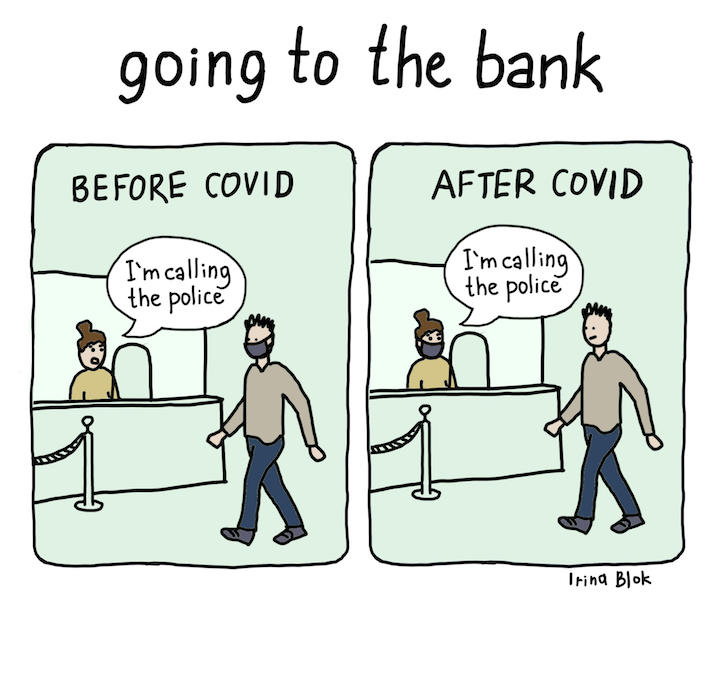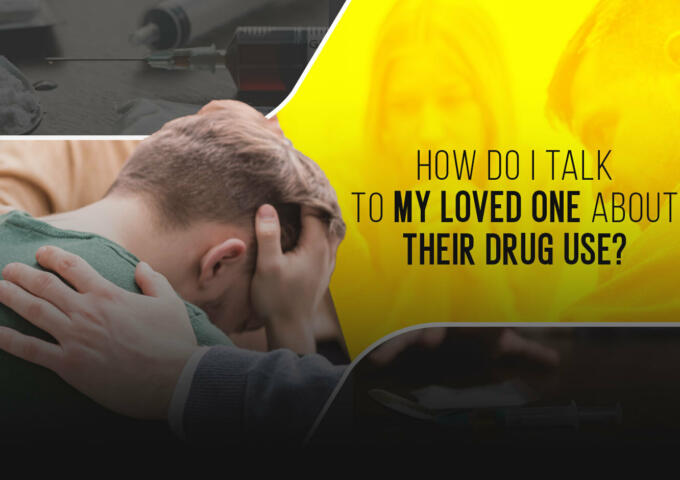The Shout out
Gun shop owners are reporting a spike in sales in Philly.
Your turn:
Do you own a gun? Why or why not?
Send your thoughts on gun ownership to voices@philadelphiaweekly.com.

PW readers: Krasner must go
Last week, PW’s Shoutout question asked for your thoughts about Philly DA Larry Krasner. Should he stay or should he go? You responded – and included thoughts about former prosecutor Carlos Vega, who’s challenging Krasner in the Democratic primary. Here’s a sampling of your responses:
“As a small store owner in Philadelphia, I recently had $420 in merchandise stolen. When the police came, they informed me they couldn’t do anything about it and pointed me to Krasner’s office for answers. There I learned that he will not prosecute thefts under $500. That is a disgrace. These thugs already know this and are killing small businesses like mine with theft. It was a huge mistake to even think about voting for Krasner in 2017. I’m going to have Vega signs posted in every business around mine.”
“Changing my party registration so I can vote D in the primary and for Mr. Vega.”
“The slimy creep is a blight to Philadelphia and law-abiding citizens. We cannot wait for the primary to get his no good ass out of Philadelphia.”
“He is a joke, a poor excuse for a man. He only cares about having his name remembered. Even if that is a horrible memory. He believes he is some new age, kind heart, for the people DA! He has the blood of thousands of people on his hands. Some of them were children killed by the criminals he either let go or released. I was born and raised in Philadelphia. I have lived here for 36 years. I never thought I would leave. But I cannot raise my boys in this city.”
“I voted for Larry because I thought the City could use a fresh perspective on law enforcement; however, he has been quite a divisive figure, unprepared for the job. He believes that he has been anointed to educate us on racial theory and advanced metrics and to change society, but he is so blind to the role for which he was elected. From virtually eliminating cash bail to not prosecuting property crimes, to finding ways to let murderers out of prison, he has failed us and he needs to go. We are blessed to have one of the most qualified, most deserving, and most dignified candidates ever to seek the position – Carlos Vega!”
“Larry Krasner has put this city back into the dark ages. His motives as a DA are questionable, they are not for the victims, they are not for the families, not for the businesses, and we know for sure they are not for the police. We need someone in the DA’s office that stands for the families and hard working people of this city. Vega for DA!”
“Larry ‘Let ’em Loose’ Krasner is on his way out. Carlos Vega is a REAL prosecutor.”
“It’s obvious by now that Krasner’s ideology and his social experiment have been an absolute failure. His firing of experienced homicide ADAs has had a direct effect on the quality of prosecutions. The District Attorney’s Office has lost the respect of the U.S. Attorney and PA Attorney General due to his liberal policies and approach in dealing with victims. Most critical, though, is the loss of trust of the detectives and officers of the police department. Because of Krasner, police are very cautious and the lack of proactive policing is evident in looking at the explosion of crime in this once great city. Carlos Vega is an experienced prosecutor who cares about the victims and would restore the relationships with police to allow them to perform their jobs again.”
Repairing our world: The power of language
Words hold immense power; power that can be wielded positively and negatively. In a year where those in power have perpetrated violence by malice and negligence, the language we use to describe things matters. In a year like this, healing often does not come easily.
Rather, it is a deliberate effort. A key part of healing is also discomfort. To this end, a group of various ages, ethnicities, and backgrounds gathered at Fort Washington State Park on Nov. 8. We were joined by a Holocaust survivor, Ruth Hartz. Uniting us all was our connection to a vibrant secular humanist Jewish community: Folkshul.
The program commemorated two events – Kristallnacht, in which Jewish communities were destroyed by Nazis, and the Tulsa Race Massacre, where a Black community was destroyed by white Americans. The Tulsa incident occurred in 1921 when allegations about a Black man and a white woman were blown out of proportion. This ultimately led to a riot where the “Black Wall Street” Greenwood district was destroyed and hundreds of people died. The police did little to quell the violence.
At the Nov. 8 gathering, we looked at first-person accounts of both incidents. Although written in different time periods, places and contexts, fear is a universal language – among victims and perpetrators. This language can both illustrate and reinforce fear. Of course, fear isn’t an excuse for oppression; rather, it’s essential to understanding how oppressive systems thrive.
One only needs to look at the way police shootings of (very often unarmed) Black men are described in official documents. When George Floyd was killed in Minneapolis in May, the initial autopsy report said this about his cause of death: “The autopsy revealed no physical findings that support a diagnosis of traumatic asphyxia or strangulation…The combined effects of Mr. Floyd being restrained by the police, his underlying health conditions and any potential intoxicants in his system likely contributed to his death.” Patricia Williams, a law professor at Columbia, wrote in The Guardian that this plays into the “trope of black bodies killing themselves.” Responsibility is systematically shifted from the perpetrator (often a member of the group in power) to the victim (often a member of an oppressed group).
Finally, there’s the issue of tense. It’s tempting to use the past tense when talking about trauma. Just look at the white tendency to proclaim that yes, America was racist, but it’s not racist anymore. Perhaps it’s even the least racist country on earth! Segregation isn’t legal anymore, after all.
But this is deeply flawed reasoning. For every piece of legislation dismantling legal racism, there is de facto racism and de facto segregation that resulted from red-lining and the racial wealth gap. It took Philadelphia 35 years to apologize for bombing MOVE headquarters and ordering firefighters not to put out the blaze. In the first eight months of this year alone, police killed 164 Black people. Historical events do not exist in neat, discrete packets, and it’s irresponsible to pretend they do. That’s what was so essential about our Folkshul event: we were all trying to collectively de-compartmentalize trauma.
I was one of the discussion leaders, which was in itself a big step out of my comfort zone. We figured out the language of oppression together, but we also communally found the value of silence. It was in those moments, in between shares, that I felt the full value of the event: sitting, thinking privately, individually, but still in the same space. I’m a high school senior. The event taught me something simultaneously humbling and empowering: I have a lot to learn, but I also have a lot to contribute.
Language can be a tool of the oppressor, but it’s also a vital tool of the oppressed. When things look bleak and restrictive, I think of this Elie Wiesel quote about his writing: “We may use words to break that prison…that is why I wrote that book, and that is why I wrote the others.”
Hannah Dubb is a Jewish high school senior and Folkshul classroom assistant from Philadelphia. As a Folkshul youth leader and assistant, Hannah has curated the tool “Understanding Race and Justice: A Resource Guide for A Secular Humanist Community.” With interests in the Classics, humanities, and social sciences, her work has appeared on the Medium blog Ad Aequiora and the website Diotíma.





